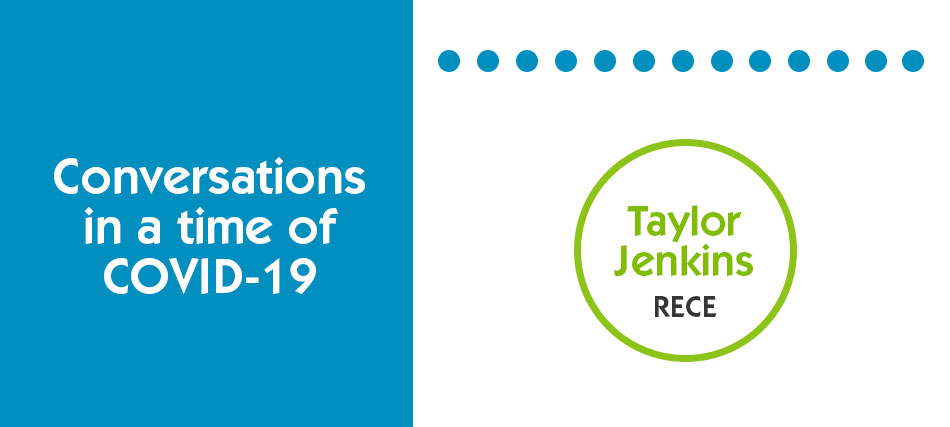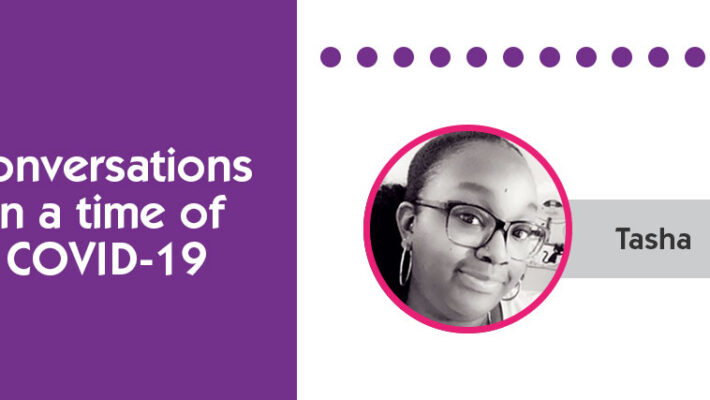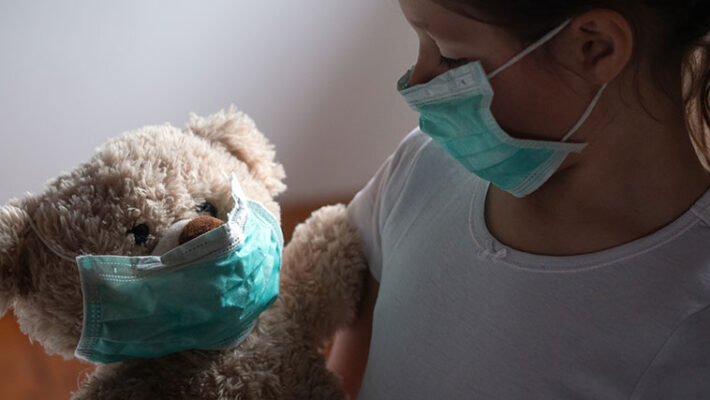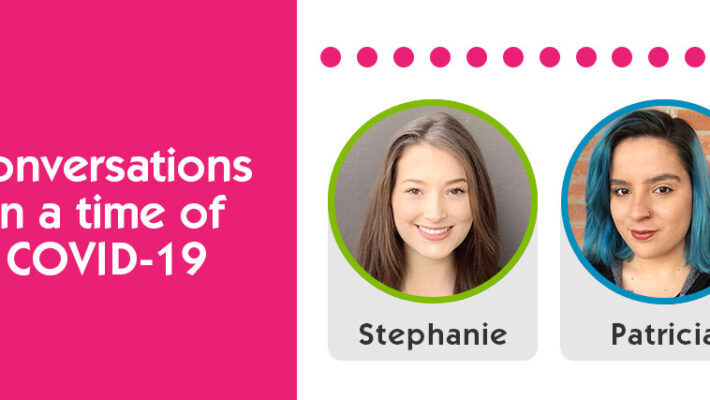This series profiles the experiences of RECEs as they navigate the pandemic.
We interviewed Taylor Jenkins RECE, a Resource Consultant with Andrew Fleck Children’s Services (AFCS) in Ottawa. AFCS had to temporarily close its centre though its employees are working remotely.
Q: In what ways has COVID-19 affected your professional role, relationships and practice setting?
A: It’s an adjustment as our caseload, typically centre-focused, has had to shift to a family focus. A large part of my typical role is observing and making recommendations which can include modelling specific strategies. I’ve had to shift to communicating remotely. It can be challenging to find the best ways to communicate a strategy when there are barriers such as language or resources, for example, recommending they work on certain activities but being unsure of what resources they have available that can be used.
Some families that I don’t have a relationship with were recently added to my caseload. I’m trying to build a relationship while people are overwhelmed or very busy. We now have to figure out what to do professionally and what we do as fellow Canadians to support the health and well-being of families (e.g., helping families gain access to books and resources, or helping them gain access to basic necessities).
My traditional role was very much team-based, and now it’s more one-on-one and direct. I’m used to coaching RECEs, not parents. Luckily, it has also allowed us time to push forward on developing training online and building comfort in new technologies.
Q: Practice, at this time, is about supporting one another and maintaining our health, as well as the health of our families and communities. How are you feeling?
A: At times I feel unsure, overwhelmed or distracted. Everyone has a different caseload, so it can be challenging to navigate. I find it important to connect with my family and take the time for self-care. My biggest challenge is letting go of expectations on how things should go.
Q: During this time of isolation and uncertainty, what are you finding useful in supporting your physical, mental and emotional health?
A: Luckily, my employer has always fostered a growth mindset and modelled support so when I’m faced with a challenge, I don’t hesitate to say I need advice or support. There’s also a large focus on employee well-being and overall health, even before COVID-19 and throughout. I therefore feel supported and connected. We have more frequent check-ins through Zoom or via phone which furthers that feeling of connectedness and support. I have a strong team that supports me so my cup is full enough to support families.
In my home life, my partner is no longer working and is home with our 18-month old. I take great joy in hearing them bonding and appreciate the silver lining of my partner being home. I also make a point of taking a few minutes to spend with them when I’m feeling cooped up. I know my son’s face popping up in meetings is also a support to my colleagues – even if he’s just woken up and grumpy.
Q: Relationships are central to our profession. How are you maintaining collaborative relationships?
A: My team is meeting more frequently to connect and collaborate using online platforms. The frequency and method to communicate with families is a bit different for each Resource Consultant.
In my case, I had a strong parent response and am connecting through email and phone. We’re doing our best to make ourselves available while recognizing that parents, families and educators are all in unique situations that require different supports.
Q: What are some of the challenges you’ve experienced related to building relationships and fostering collaboration in this period of physical distancing?
A: It can be challenging to build a relationship when there are so many distractions. Typically, we’re on site and building a relationship while educators are performing other tasks. Trying to connect with parents who are juggling work, child care, home-schooling, etc., is no different.
Trying to establish these relationships without physically sharing the same space is a new challenge (e.g., Are you asked to repeat something because they aren’t hearing you, they don’t understand or they are distracted?). I continue to remain mindful that, for some parents, I’m a stranger on the other end of the phone asking about their home life.
Q: What are you learning to support the safety, health and well-being of others in your practice setting?
A: My team and I have had some interesting conversations about the evolving nature of our field, mostly around the rapid shift to online training. Due to the nature of our work, we meet frequently on this topic which has led to some interesting discussions on the challenges and considerations for online training. It’s more than taking in-person presentations and recording them. It’s thinking about how we foster engagement, how we promote reflection and how we assess learning.
There’s also been a rise in the number of resources shared to support mental health from all perspectives, including children, educators and parents. Recently, I’ve reached out to our local community health centre to learn about supports that are typically outside our scope (e.g., access to food).
Q: Can you share something positive about your experience navigating with new modes of communication or practice? A: I typically work closely with the educators in the centre who are my primary connections for how things are going and what resources or support they need. Now that I’m connecting directly with families, I’ve been able to build a stronger relationship with those parents who I may only have briefly connected with before. For those parents who may be caring for multiple children, working full time or are single parents, it can be challenging to have time to connect. I’m happy to say that I’ve finally connected with a parent who fits one of those categories and I couldn’t get them off the call! It’s an overwhelming time for many, but it also can be a time for others to finally breathe and build or maintain positive connections.




